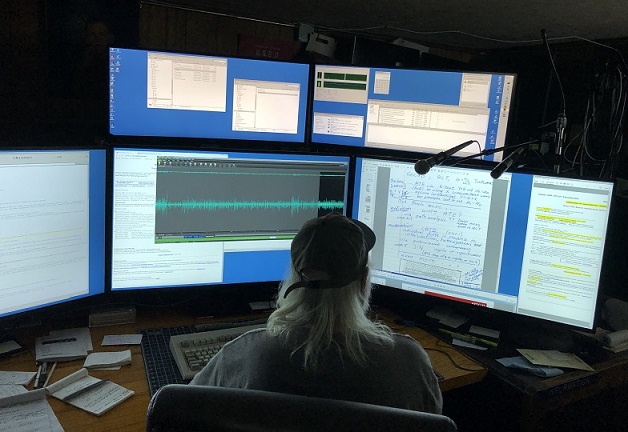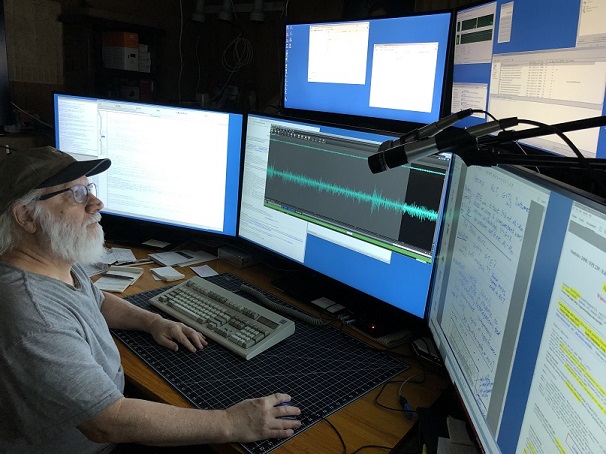Statistics 209B / EPI 239 / Education 260A
Winter 2022
Applications of Causal Inference Methods
Winter 2022 Flipped Instruction
Instructor. David Rogosa,
Sequoia 224, rag{AT}stanford{DOT}edu
TA David Fager dfager {AT} stanford {DOT} edu
Course web page: http://rogosateaching.com/stat209//
Course Welcome and Logistics (first day stuff, to be posted soon in December, call it Week0)
Lecture slides, week 0 (pdf)
Audio companion, week 0
For recreation of in-classroom experience, linked below are youtube versions of the music I play
before starting lecture and after lecture concludes. Some may wish to reverse that ordering.


Registrar's Information
Statistics 209B (also EPI 239, EDUC 260A) 2 units
Title: Applications of Causal Inference Methods
Description: Application of potential outcomes formulation for causal inference to research settings including: mediation,
compliance adjustments, time-1 time-2 designs, encouragement designs, heterogen
Course Overview
Note: This course was structured before the new world order of March 2020 as one two-hour lecture class meeting per week.
Last year, Winter 2021, this course was done Remote Asynchronous. Lectures (pdf slides plus audio) and all supporting materials are online.
To see full course materials from Winter 2021 go here
This year, the course will be done in flipped mode, with lectures (pdf slides and audio) and all supporting materials linked in these pages.
Web page materials to be posted sequentially for that week's instruction-- i.e. Week 1 materials to be posted Jan 3, and so forth.
The Wednesday class meeting, not required, will be used in part for review and discussion of the prior weeks' materials.
More on this in the Week0 intro materials.
The firstwill be January 12, 2022
Brief Course Outline Unit 1. Extensions of RCT
Analyzing Encouragement Designs
Assessing Mediation in experimental studies
Identifying Moderation in experimental studies (heterogeneous treatment effects)
The wisdom of Compliance Adjustments (for binary and measured compliance);
Analysis of Regression Discontinuity Designs (systematic assignment based on a covariate)
Unit 2. Legacy Methods for Causal Inference from Observational Data (good and bad)
Regression adjustments (analysis of covariance) in observational studies
Instrumental Variables methods for observational studies
Failures of traditional Path Analysis (and Structural Equation Models)
Interpreting associations: Spurious Correlation and Simpson's Paradox
Multilevel data and Contextual Effects
Reciprocal Causal Effects and non-recursive models
Unit 3. Historical and Modern Methods for Matching in Observational Data
Case-Control, case-referent matching sudies
Subclassification matching
Propensity Score matching examples
Unit 4. Time-1, Time-2 data in experimental and observational studies.
Experimental Designs Cross-over designs
Experimental Designs Comparing groups on time-1, time-2 measurements: repeated measures anova vs lmer OR the t-test
Observational studies Economist's differences in differences (or diffs in diffs with matching) for observational studies.
Observational studies Lord's paradox; pre-post group comparisons.
Observational studies Exogenous Variables and Correlates of Change (use of lagged dependent variables)
Additional Special topics Interrupted Time-series designs; Current implementations of value-added analysis
Lectures, Course Files, and Readings
this page is where course content resides
Grading, Exams, and Credit Units
Stat209B/EPI239/Ed260A is listed as Letter or Credit/No Credit grading for 2-units
For Winter 2022 grading for the 2-units will be based on a 'take home'(i.e. do at home) Problem Set.
Also as you will see (or can view from 2021 pages), for each week's content a number of Review Questions with Solutions are posted.
Statistical computing
Class presentation will be in, and students are encouraged to use, R (occasionally, some references to SAS and Mathematica).
Current version of R is R version 4.1.2 released 2021-11-01
For references and software: The R Project for Statistical Computing Closest download mirrors in the past, UCLA and Berkeley, seem no longer avaliable, pick your fave anywhere in the world.
The CRAN Task Views provide useful overviews/navigation for the almost infinite set of R-packages. Task Views that cover contents of this course include CRAN Task View: Statistics for the Social Sciences; CRAN Task View: Econometrics and CRAN Task View: Psychometric Models and Methods .
Relevent Texts (optional).
Causal Inference in Statistics, Social and Biomedical Sciences: An Introduction, Guido Imbens and Don Rubin, 1st Edition (Cambridge University Press) Stanford access
Design of Observational Studies, Paul Rosenbaum, 1st Edition (Springer). Available online: Stanford access
To see full course materials from legacy Stat209 (2005-2019)
Statistical Methods for Group Comparisons and Causal Inference go here

